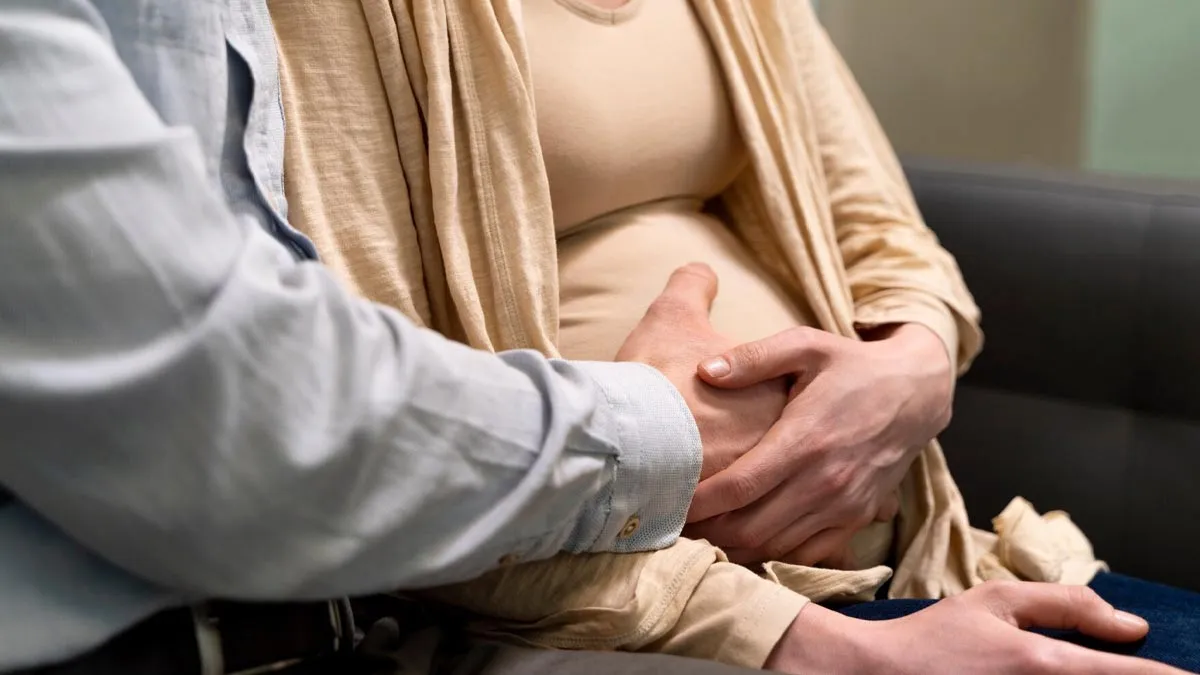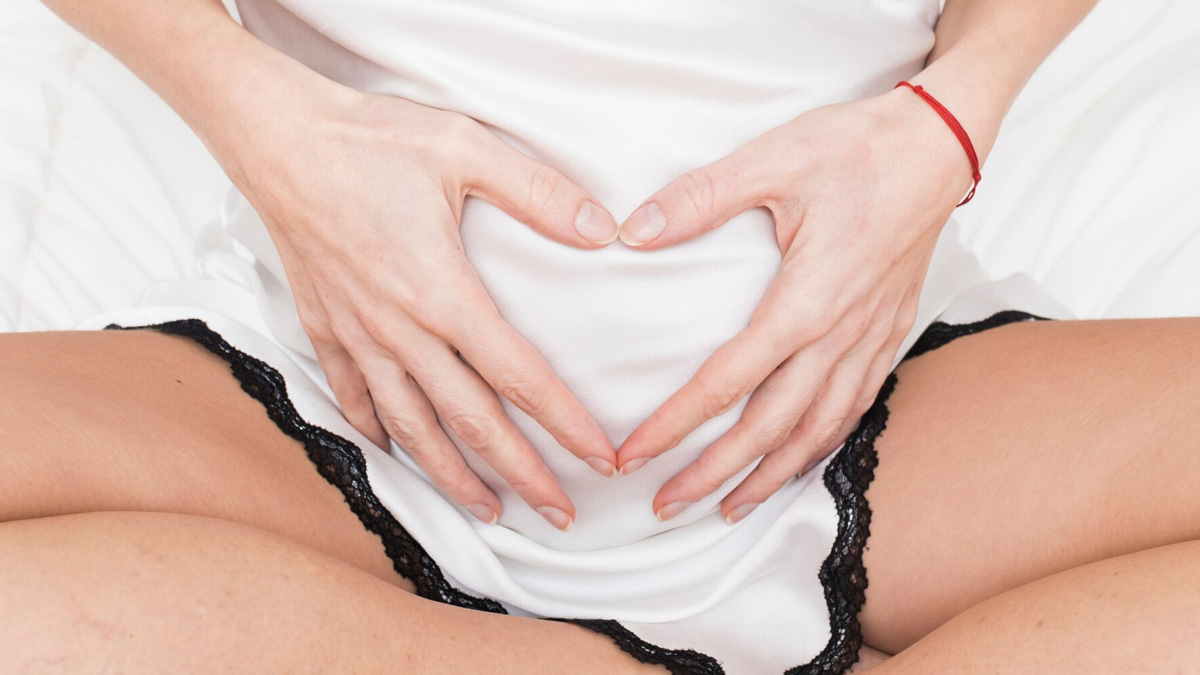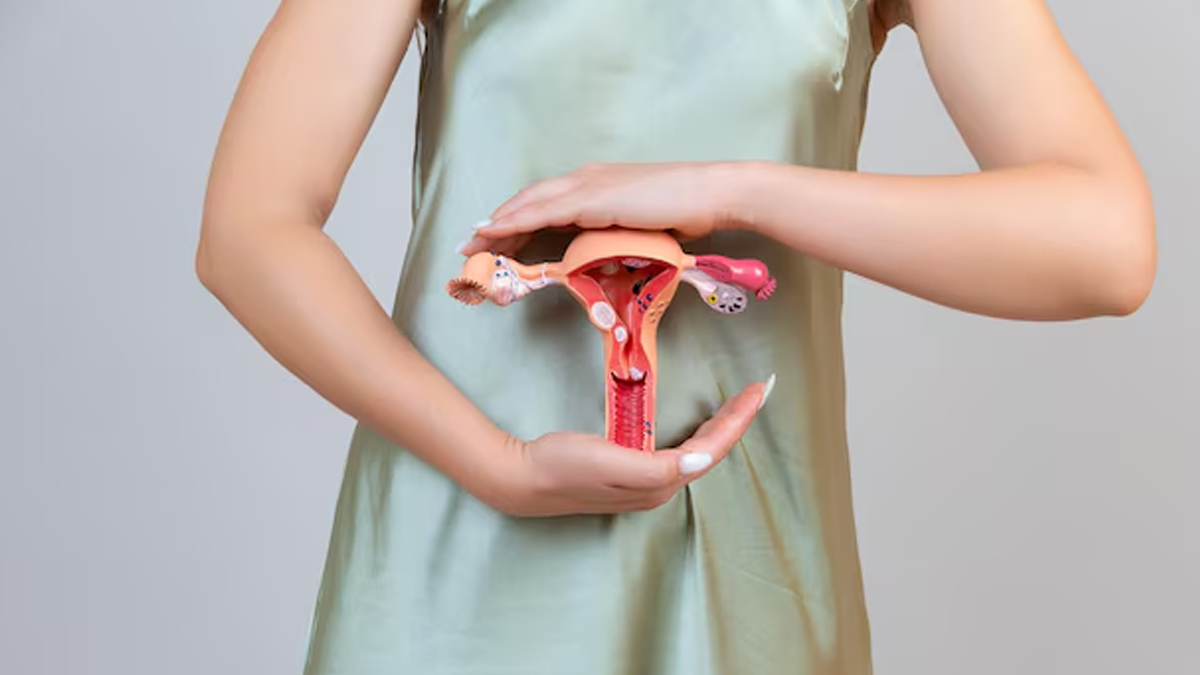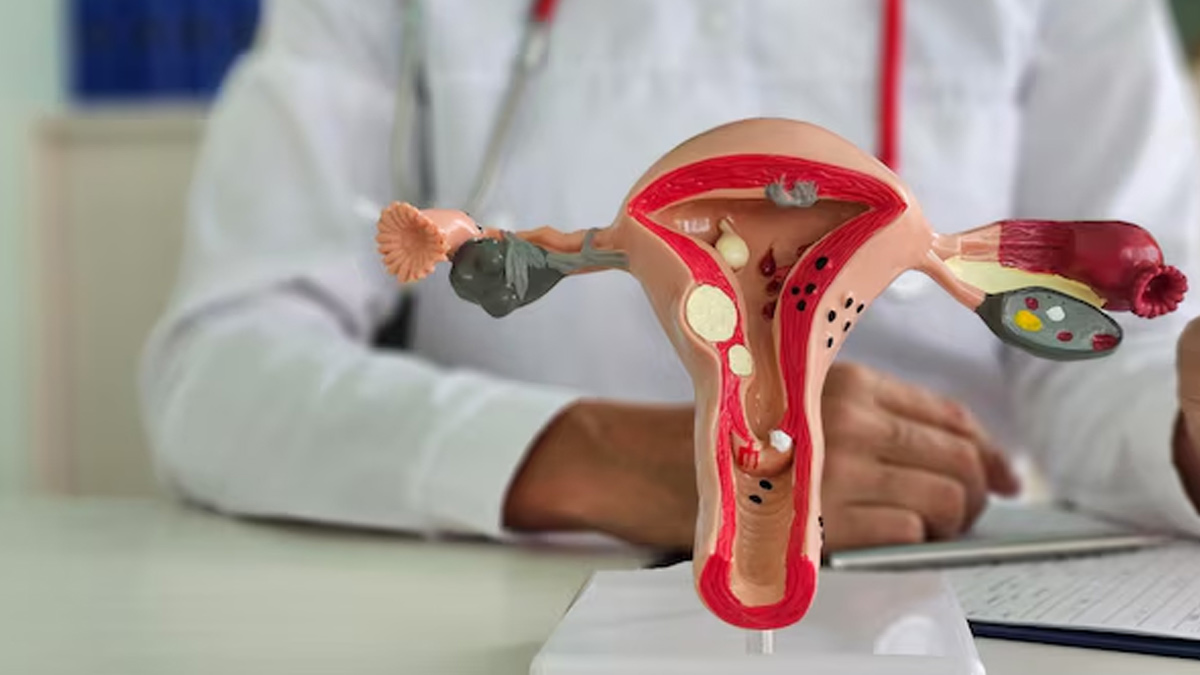
Endometriosis, a chronic condition where tissue similar to the uterine lining grows outside the uterus, affects millions worldwide. According to the World Health Organization (WHO), it affects roughly 10% of reproductive-age women and girls globally. Not only does the condition cause severe pain during periods, but it is also associated with painful sex and bowel movements. What's more is that endometriosis can affect fertility, lowering chances of pregnancy in affected women.
Table of Content:-
But just because you have endometriosis does not mean it is the end of the world. In fact, there are several ways to increase your probability of getting pregnant and improving pregnancy outcomes. The OnlyMyHealth team spoke to Dr Sameep Bhujbal, Consultant—Obstetrics and Gynaecology, Jupiter Hospital, Baner, Pune, to list some of the effective strategies.
How Does Endometriosis Affect Fertility?

Infertility is one of the most concerning consequences of endometriosis. The WHO defines infertility as a "disease of the male or female reproductive system defined by the failure to achieve a pregnancy after 12 months or more of regular unprotected sexual intercourse."
Reportedly, between 30% and 50% of women with endometriosis experience infertility, making it a common complication of the condition.
Dr Bhujbal explains that endometriosis occurs when the endometrial tissue grows around the ovaries or fallopian tubes, resulting in inflammation and scar tissue. This tissue can also be implanted on other organs in the pelvis and, in certain situations, outside it. In certain cases, it can also move into the uterine muscle, resulting in another kind of endometriosis known as adenomyosis.
Endometriosis can affect the immune system, hormone balance, egg quality, and embryo implantation, which can all affect chances of pregnancy. This is why removing endometriosis and scar tissue is said to reduce symptoms and improve fertility.
Strategies To Improve Pregnancy Chances With Endometriosis

Women with endometriosis can get pregnant, but it can be more difficult, according to Dr Bhujbal. While there is currently no way to prevent the condition, management becomes key.
Lifestyle adjustments can help people with endometriosis lower inflammation levels in the body, making the condition more manageable and potentially reducing the risk of a failed pregnancy. Some of the common lifestyle modifications include:
- Consuming fruits, vegetables, legumes, whole grains, and fish
- Limiting red and processed meats
- Limiting sugar intake and refined carbs
- Limiting saturated and trans fats
- Maintaining a healthy weight
- Engaging in regular physical exercise
- Managing stress
- Avoiding smoking
- Avoiding alcohol use
Additionally, if you're having trouble conceiving with endometriosis, your doctor may offer fertility therapy. “Fertility treatments may involve medications that stimulate the ovaries to produce more eggs. In Vitro Fertilisation (IVF) refers to a set of operations that combine eggs and sperm outside of the body. The best treatment for you is determined by your unique circumstances,” he says.
Also Read: Why Are Women More Prone To Pain? Expert Explains
When To Seek Fertility Treatments?

Endometriosis patients should seek fertility treatment if they are having difficulty conceiving, especially if they have been trying for more than six months to a year depending on their age, or if they have moderate to severe endometriosis.
Treatment options may include expectant management, ovulation induction with intrauterine insemination (IUI) for mild cases, and IVF for more severe cases, often in conjunction with surgical intervention to remove endometriosis tissue, depending on the severity and individual circumstances.
Also watch this video
How we keep this article up to date:
We work with experts and keep a close eye on the latest in health and wellness. Whenever there is a new research or helpful information, we update our articles with accurate and useful advice.
Current Version